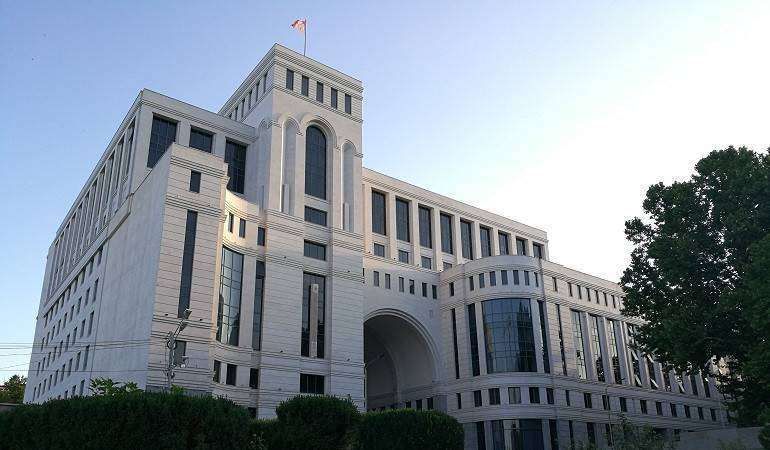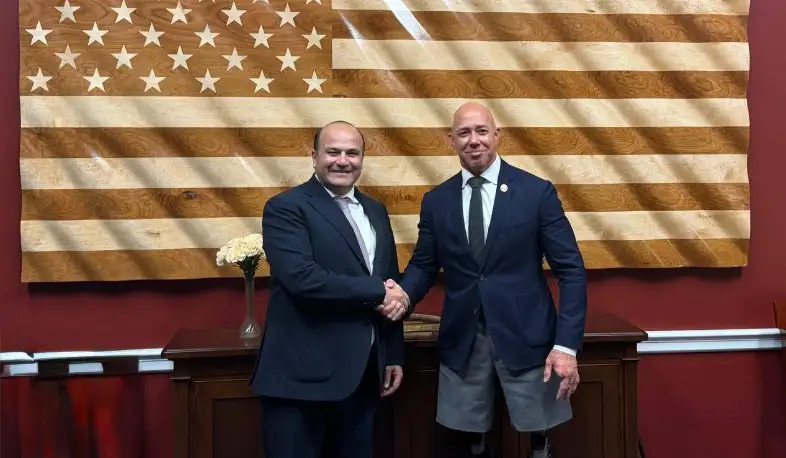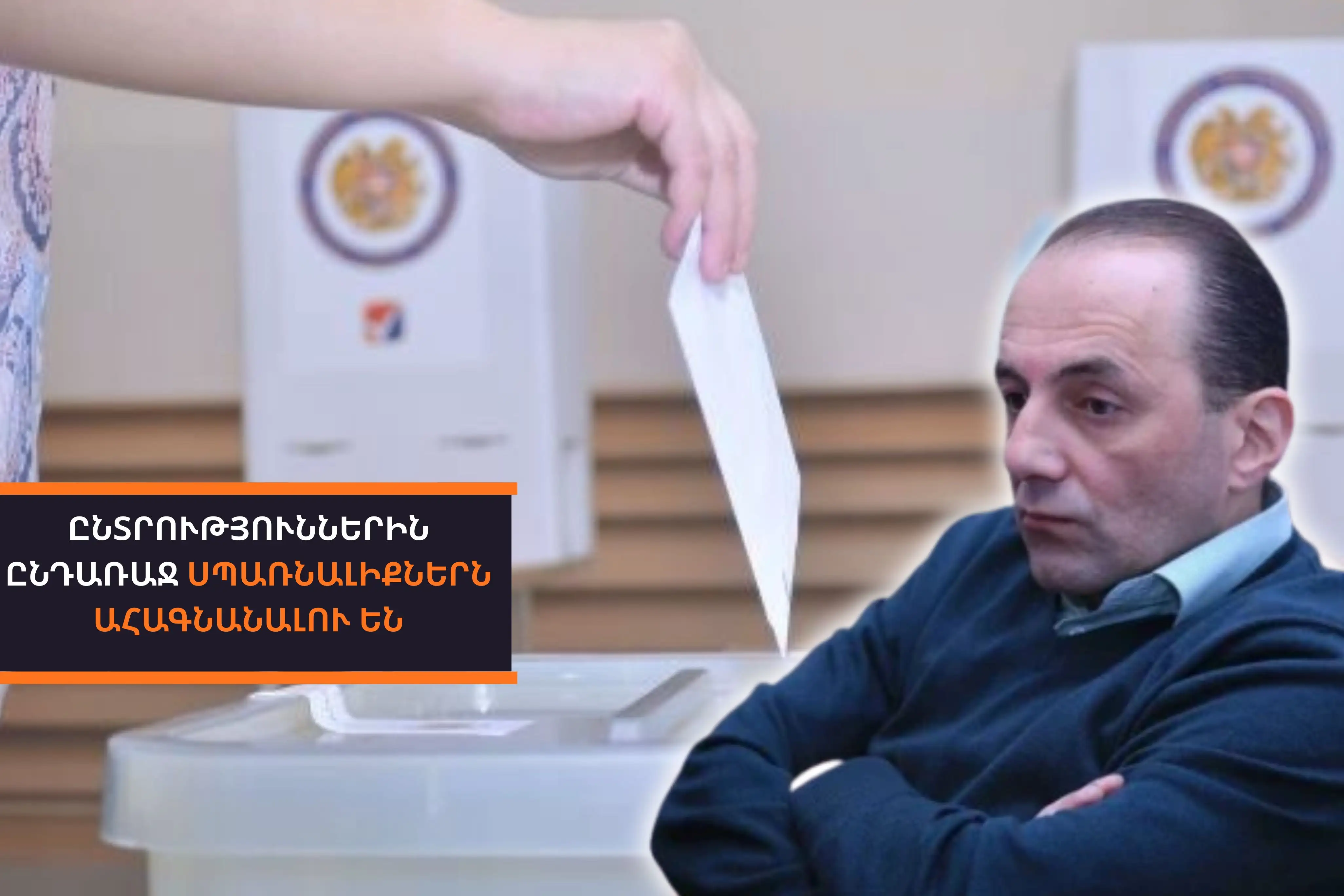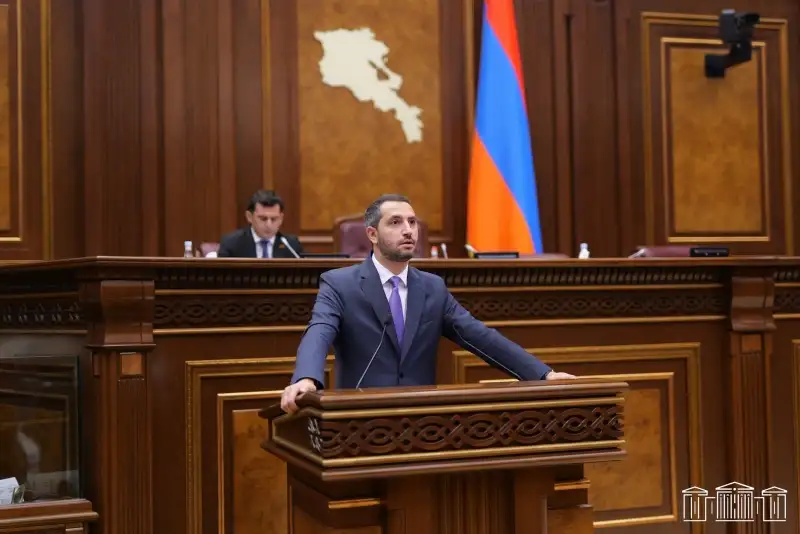The RA Foreign Ministry stated on the 31st anniversary of the massacre of Armenians in Maragha. The statement states explicitly:
"Thirty-one years ago, in 1992, on April 10, the armed forces of Azerbaijan carried out a planned brutal massacre of civilians in the Maragha Armenian settlement of the Martakert region of Nagorno-Karabakh, as a result of which the payment with a population of about 5,000 was wholly subjected to ethnic cleansing, more than 50 civilians were brutally killed, and the same number were captured. Data documented in Human Rights Watch and Amnesty International reports. The fates of many of the captives have not been clarified to this day, and the latter is considered to have forcibly disappeared.
The Maragha massacre was a continuation of the organized slaughter of Armenians in Sumgait, Kirovabad, and Baku and one of the common manifestations of mass crimes committed by the Azerbaijani authorities on the grounds of national identity. Premeditated crimes against the civilian population of Nagorno-Karabakh, war crimes, impunity, and glorification became part of the systemic policy of Azerbaijan. They received new manifestations in Azerbaijan's 2016 war against Nagorno-Karabakh. April aggression, and on a larger scale, in 2020. During the 44-day war, thousands of Armenians from Hadrut, Shushi, and neighboring regions were also displaced.
It is no coincidence that not only in 1988-1991 Over the years, but Armenians also displaced from Nagorno-Karabakh have never had the opportunity to return to their homes and exercise their rights, including managing their private property, and even now, in violation of the 2020 provisions of the tripartite declaration of November 9, Azerbaijan is disrupting the return of displaced persons and refugees to Nagorno-Karabakh and surrounding regions, which must be carried out under the supervision of the United Nations High Commissioner for Refugees. Moreover, violating the norms of international law and the international obligations assumed by itself, the official Baku is populating the Armenian settlements under its control, the homes of Armenians, such as in the Armenian village of Talish, with Azerbaijanis.
It is also noteworthy that, grossly violating the judgments of authoritative international courts, Azerbaijan openly desecrates, vandals, and destroys Armenian religious and historical-cultural monuments and sanctuaries to erase the Armenian trace from the territories under its control. At the same time, the propaganda of hatred towards Armenians continues at the highest level. International institutions have repeatedly condemned these records.
35 years after the Maragha crime, Azerbaijan has been illegally blocking the Lachin Corridor connecting Nagorno-Karabakh with the rest of the world for about four months. The deliberate creation of a humanitarian crisis in Nagorno-Karabakh, the systematic violations of the cease-fire and aggressive actions by the Azerbaijani armed forces in Nagorno-Karabakh, and the continuous targeting and intimidation of the civilian population prove once again that Azerbaijan's goal is to subject Nagorno-Karabakh to ethnic cleansing.
Today we pay tribute to the memory of the Maragha massacre victims. To further prevent such crimes, we again emphasize the urgency of using the active steps of the international community, including the available international mechanisms.
The Republic of Armenia is committed to establishing long-term and comprehensive regional peace and security. This is possible because Azerbaijan rejects the extremist and aggressive policy and the search for fair solutions to the existing problems."




















